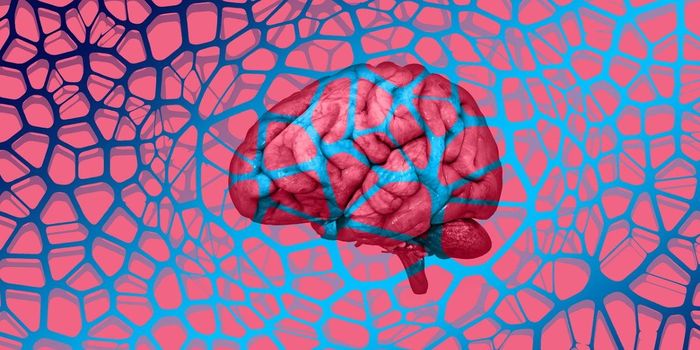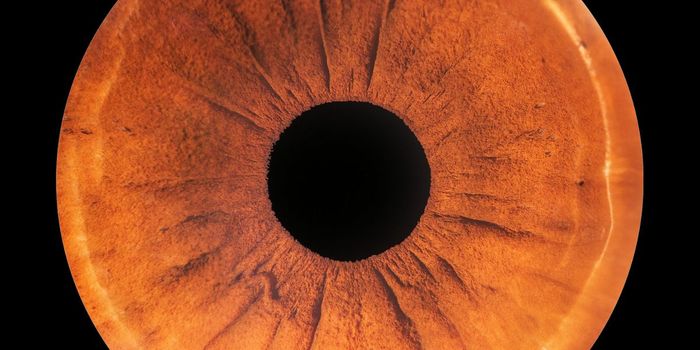A Drug for Overactive Bladder is Linked to Depression
Overactive bladder, or OAB, is common in elderly women but two recent research studies show that the most commonly prescribed drugs to treat it could have mental side effects. OAB is a condition where the urge to urinate is more frequent and more urgent than normal. While this can happen after childbirth, trauma or as a side effect of certain medications, it can and often does happen without any pathology or explanation. The National Overactive Bladder Evaluation (NOBLE) program estimates that it affects about 16% of women in the United States. Prevalence increases with age. A common class of drugs called antimuscarinics is usually prescribed for this condition but these medications are not without problems.
Antimuscarinics work by blocking muscarinic acetylcholine receptors in the brain. Acetylcholine (often abbreviated ACh) is a neurotransmitter whose receptor is the muscarinic protein found in synapses and other cell membranes. There has to be a balance in the brain of the neurotransmitter Ach and the protein receptors. When the ratios are disrupted, OAB can be the result. It’s interesting to note that this process is also involved in the regulation of dopamine in the brain, and disruption in that process is seen in Parkinson’s disease and in some forms of dementia.
The first study, from researchers at Taipei Medical University Hospital, used data from the Taiwan Longitudinal Health Insurance Database. The team there, led by Li-Ting Kao identified 1,952 women with OAB who took antimuscarinics and 9,760 women with OAB who did not take antimuscarinics. The women were followed for three years. Over this time period the patients who had taken the antimuscarinics had a 38% higher chance of being diagnosed with depressive disorder than those who had not taken the medication. The study was not exhaustive however. Some previous research at other universities showed some results similar to those of the team and in Taipei while other projects showed no correleation, Dr. Kao explained in a press “This population-based retrospective cohort study found that use of antimuscarinics was associated with subsequent depressive disorder in women with overactive bladder. We recommend that clinicians be alert to the relationship between antimuscarinics and depressive disorder in OAB women. In addition, clinicians can provide appropriate instructions for OAB women who receive antimuscarinics to seek health and medical services as soon as possible if they have relevant clinical symptoms of depressive disorder. However, future experimental studies are still required to identify the potential mechanisms for the association between antimuscarinic use and depressive disorder in OAB women.”
RELATED: Depression and Daylight Saving Time
Limits to the study included the ethnicity of the women. Since the data was pulled from a longitudinal study that included only Chinese women, it can’t be ruled out that there is a genetic or ethnic component. In addition, it only looked at women who had OAB symptoms and depression symptoms serious enough to seek medical treatment. Because both conditions can be embarrassing, many women will not bring either one up with their health care providers unless they are severe. Women who had only mild bladder symptoms or mild depressive symptoms, may not have reported them. The video below talks about the study in more detail, but since both depression and OAB can affect women at later stages in life, it’s important to know that there could be a connection between a medication for one and the prevalence of the other.
Sources: Clinical Pharmacology, UPI, Urology Care Foundation









